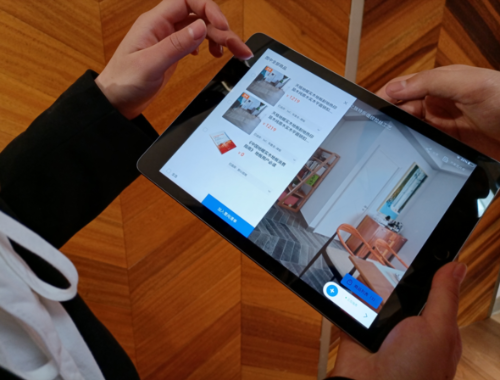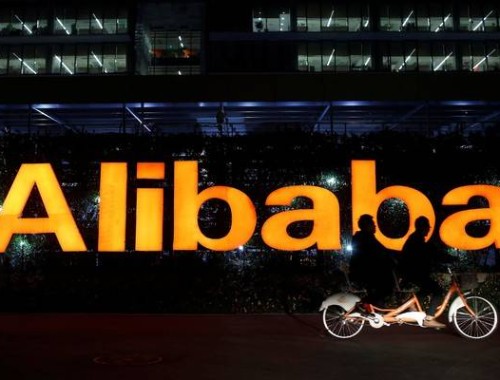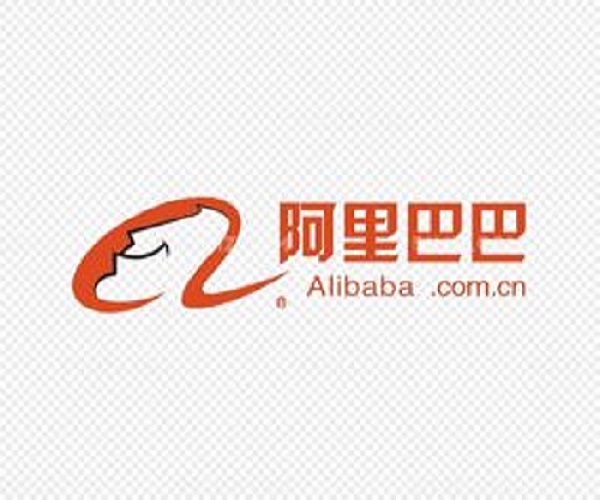Alibaba helps 50 Chinese online merchants go public
Source:internetretailer.com
The Chinese e-commerce giant sets up a department to help large sellers on its big web shopping portals to prepare their initial public offerings of stock.

The Chinese e-commerce giant sets up a department to help large sellers on its big web shopping portals to prepare their initial public offerings of stock.
Thanks to the explosive growth of online shopping in China, many Chinese startups have grown quickly by selling on free-to-list marketplaces and have become the leaders in some categories. Alibaba Group Holding Ltd., the operator of China’s largest web shopping sites, now has established a department to help marketplace sellers go public.
Alibaba’s Taobao and Tmall marketplaces are the major sales channels for many of these up-and-coming web retailers, and securities authorities often contact Alibaba to audit the sales of those sellers, Alibaba says. The Chinese e-commerce giant says the new department will make it easier for merchants planning an initial public offering to get support from Alibaba’s legal, finance and operations teams.
About 50 companies, all of them sellers on Taobao or Tmall, are working with Alibaba on IPOs. Most of them are web-only retailers with several hundred millions dollars in annual sales. Among them are Shandong Guangzhou Huimei Fashion Co. Ltd, No. 39 in the Internet Retailer 2016 China 500, Handuyishe E-commerce Co. Ltd. (No. 163) and Anhui Three Squirrels E-commerce Co. Ltd.
Handuyishe, for example, filed its prospectus this week to go public on a stock exchange called the National Equities Exchange and Quotations, where mainly small and midsize Chinese companies list their shares.
Started as a small store on Taobao.com in 2008, the web-only apparel retailer now employs 2,000 workers and sells 35 of its own fashion brands. Handuyishe’s sales reached $192.6 million in 2015, a 50.6% increase from $127.9 million a year earlier. The company also reported net income of $5.1 million in 2015, compared with a $5.8 million loss in 2014.
Handuyishe says 73.4% of its 2015 sales came from marketplaces like Alibaba’s Tmall.com, JD.com and Dangdang.com, compared with 78.25% in 2014. JD.com is No. 1 in the Internet Retailer China 500, which ranks retailers by their online sales in China and Dangdang.com is No. 9. Although Alibaba’s marketplaces account for the majority of online retail sales in China, it is not ranked because it is not the merchant of record for any sales. Instead, like eBay Inc., Alibaba provides a platform on which other companies sell.
Major investors in Handuyishe include U.S.-based IDG Capital Partners and Yunfeng Capital, a Chinese venture capital firm backed by Alibaba founder Jack Ma. Handuyishe raised $10 million in its only funding round in 2011, according to Crunchbase.
Handuyishe means “Korean-style clothing” in Chinese and that was initially the company’s focus, although now it sells a wide variety of styles. In order to compete in China with such fashion brands as Japan’s Uniqlo, Spain’s Zara and China’s Inman, Handuyishe says it has created 200 product teams that have the autonomy to react quickly to market demand. Each team typically has five members who can decide how to design, market and sell their products while sharing resources like web development and logistics with other teams.
Handuyishe plans to use funds raised in its IPO to develop its data analysis technology, develop new brands and provide e-commerce services for other retailers, according to its prospectus.
For a full report on the opportunities for foreign brands to sell online into China, read “Open Door Policy,” which appears in the November 2015 issue of Internet Retailer magazine.
For more Chinese e-commerce data, please click here for the new-released Internet Retailer 2016 China 500.
(Source: internetretailer.com Author: FRANK TONG)
-

Easy Home joins hands with Alibaba to increase the capital of Lie Flat Designer!
-

The sales of software home furnishing on Ali platform was 4.042 billion yuan in March, up 62.7% year-on-year!
-

4 hours and 30 minutes export volume exceeded the first day of last year
-

Alibaba's layout lays out a new track of wise manufacturing

 沪公网安备31010402003309号
沪公网安备31010402003309号



